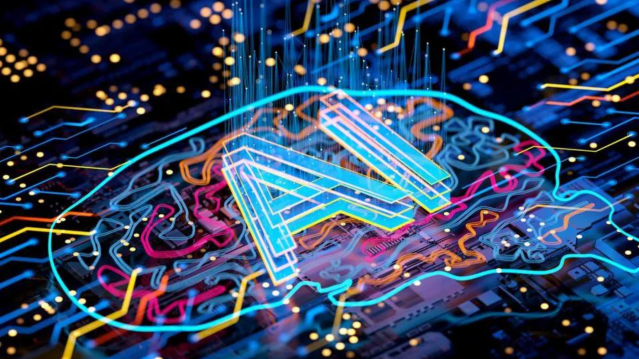
Artificial intelligence is already making people rich. Jensen Huang, the co-founder and CEO of chip company Nvidia, which controls 80 percent of the data-center AI chip market, has seen his net worth explode from a mere $4 billion five years ago to a staggering $83.1 billion as of March 24 on the back of bottomless demand for his company’s product.
ChatGPT maker OpenAI is reportedly valued at $86 billion, with rivals Anthropic and Inflection at $15 billion and $4 billion as of their most recent funding rounds. While OpenAI CEO Sam Altman says he owns no shares in the company, it’s possible, even likely, that other AI founders and execs have joined the three commas club by now, at least on paper.
But some researchers think this is only the beginning — that AI won’t just make a few techies wildly rich, the way social networking, smartphones, and personal computers did before. Believers in a growth explosion argue that AI is set to make society much, much richer by causing economic growth at a scale it has never experienced before.
This is an extremely “big if true” claim. Since good record-keeping began shortly after World War II, the US has averaged 3.2 percent economic growth per year. Since 2000, growth has been much more anemic, averaging 2.2 percent. Per capita growth — which is affected by population changes as well as economic ones — has been lower still.
